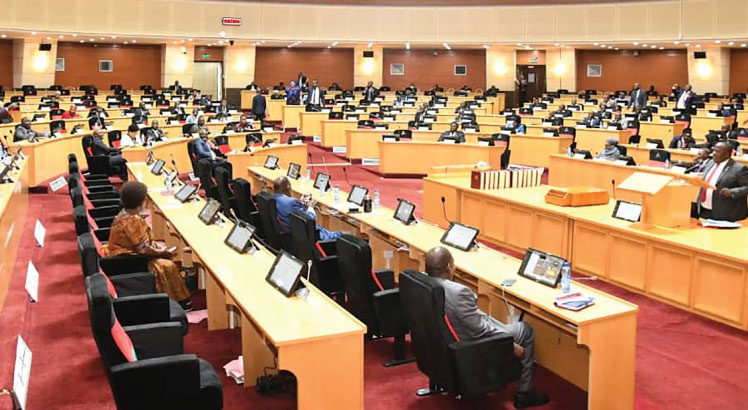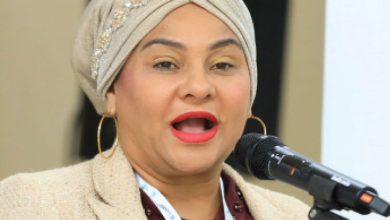Political parties law under scan
The Political Parties Act of 2018 has come under the spotlight for its provision empowering the registrar of political parties to unilaterally deregister parties that in two consecutive elections fail to get a parliamentary seat or two wards.
In interviews with The Nation, some political party leaders and political analysts have argued that the provision is against the dictates of the Constitution which provides for freedom of association. They further wonder why a law should be used to punish parties which do not even get government subventions.

in two consecutive elections
The September 16 2025 General Elections provide a survival test for some parties that participated in the 2019 Tripartite Elections as dictates of the law before the registrar pounces on them if they fail to meet the grade.
Such parties include Freedom Party (FP) of former vice-president Khumbo Kachali, Mbakuwaku Movement for Development (MMD), People’s Transformation Party (Petra) and Malawi Forum for Unity and Development (Mafunde).
But in an interview yesterday, Mafunde president George Nnensa said the law was retrogressive because it contradicts provisions of the Constitution.
He said: “We do not support that position. It is not legal and can be challenged in future.
“If anything, these parties do not get money from the government and since the government does not provide any money, why should it deregister such parties?”
Nnensa said even in the United Kingdom (UK) there were many registered parties and that limiting people to be in particular parties means curtailing their freedom of association and choices as provided by the Constitution.
Private practice lawyer John-Gift Mwakhwawa, in a separate interview, shared Nnensa’s sentiments, saying a party can choose to exist without participating in an election and the provision of the Act cannot stand the test of constitutionality.
He said: “It runs parallel to the fundamental rights enshrined in the Constitution. A constitutional test across that provision will prevail and that provision may be struck out.
“Consultations are done when coming up with laws but the ultimate authority to pass it is Parliament and we have political interests that make some of these provisions to go through.”
Mwakhwawa also argued that the parties affected can move the courts, but indicated that such litigation was expensive and can only wait until the provision has been invoked.
In an interview yesterday, Gift Sambo, an expert in legislative and electoral politics who teaches at the University of Malawi, said while the provision was meant to instil discipline in the political marketplace, such a law was retrogressive in democracy.
He said: “In a democratic dispensation, we should celebrate diversity, multiplicity of players and not stifle ideas or voices.
“These parties exist to help interpret the aspirations of Malawians and such a law essentially defeats pluralistic democracy.”
On his part, Political Science Association president Henry Chingaipe said “those political parties have an opportunity to win the minimum number of seats or pool the minimum number of votes as required by the law” during the 2025 polls.
But political pundit Wonderful Mkhutche said the provision ensures that parties work from a set standard and was meant to increase competition which will in turn improve the leaders’ political delivery.
“They need to focus on getting the benchmarks that the law set. However, it will also not be easy as we already have well-established parties that have followers from their different regions or tribes,” he said.
In 2025 elections, parties that will be contesting for the first time include National Democratic Party, People’s Development Party (PDP), Liberation for Economic Freedom party, and Muvi wa Chilungamo Revolutionally Party.



